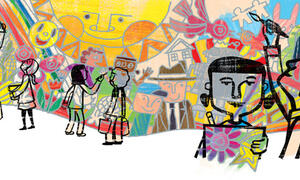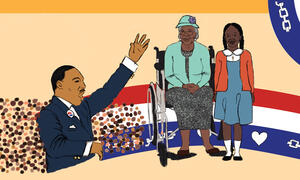Create Social and Emotional Safety Through Solidarity
In the latest LFJ article, school counseling professor Riley Drake, Ph.D., outlines a model of social and emotional learning and explains “‘feeling safe’ is contextual,” especially for Black and Brown children whose needs are often overlooked in our nation’s classrooms. Relying on community partnerships, promoting mutual aid to foster solidarity and advancing restorative justice are strategies educators and other adults can employ to increase children’s feelings of safety and well-being. These LFJ resources offer more detail.
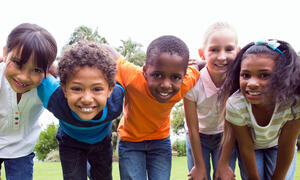
Solidarity as Social and Emotional Safety
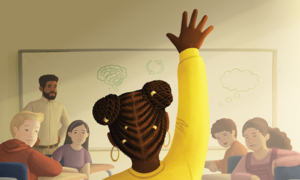
Black Minds Matter

Toolkit: The Foundations of Restorative Justice
History Can Guide Us Toward a Just Future
“The civil rights movement offers a blueprint for creating meaningful social change,” writes Hasan Kwame Jeffries, Ph.D. Making connections for young people between past movements and present circumstances is imperative, as is having meaningful support in place for honest conversations that can sometimes be difficult. These LFJ resources can help.
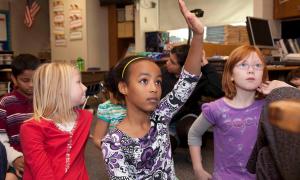
From MLK to #BlackLivesMatter: A Throughline for Young Students
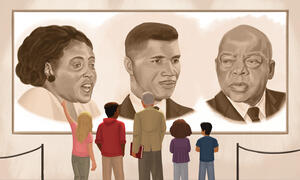

A Care Plan for Honest History and Difficult Conversations
Honoring Dr. Martin Luther King Jr.
This year, as we honor the life and work of Dr. Martin Luther King Jr., we want to reflect upon the reality of his mission and share with young people the complexity of both the man and the civil rights movement. In recent years, King’s legacy has been used in attacks on critical race theory and attempts to undermine social justice education. These LFJ resources—including words of wisdom from the late Rep. John Lewis—can aid in understanding the contemporary significance of the civil rights movement in countering policies that attempt to limit teaching honest history.
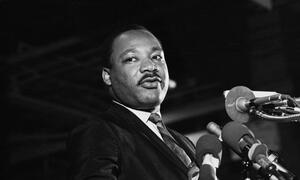
Teaching About King’s Radical Approach to Social Justice


Teaching the Movement’s Most Iconic Figure
Prevention and Resilience
The second anniversary of the assault on the U.S. Capitol approaches with the new year, reminding us that it’s critical to help young people understand, contextualize and counter manipulative and harmful disinformation. And because online hate continues to function as a crisis-level threat to democracy, digital literacy and models to prevent and build resilience against extremism must be among contemporary solutions.

Prevention and Resilience: Supporting Young People Through Polarizing Times

Reimagining Digital Literacy Education To Save Ourselves
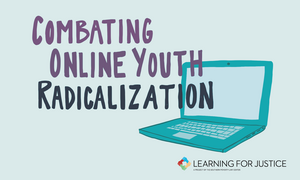
Combating Online Youth Radicalization
Rest and Reflect, Then Let Peace and Love Be Your Guide in 2023
“So I say to you, walk with the wind, brothers and sisters, and let the spirit of peace and the power of everlasting love be your guide.” —Rep. John Lewis

